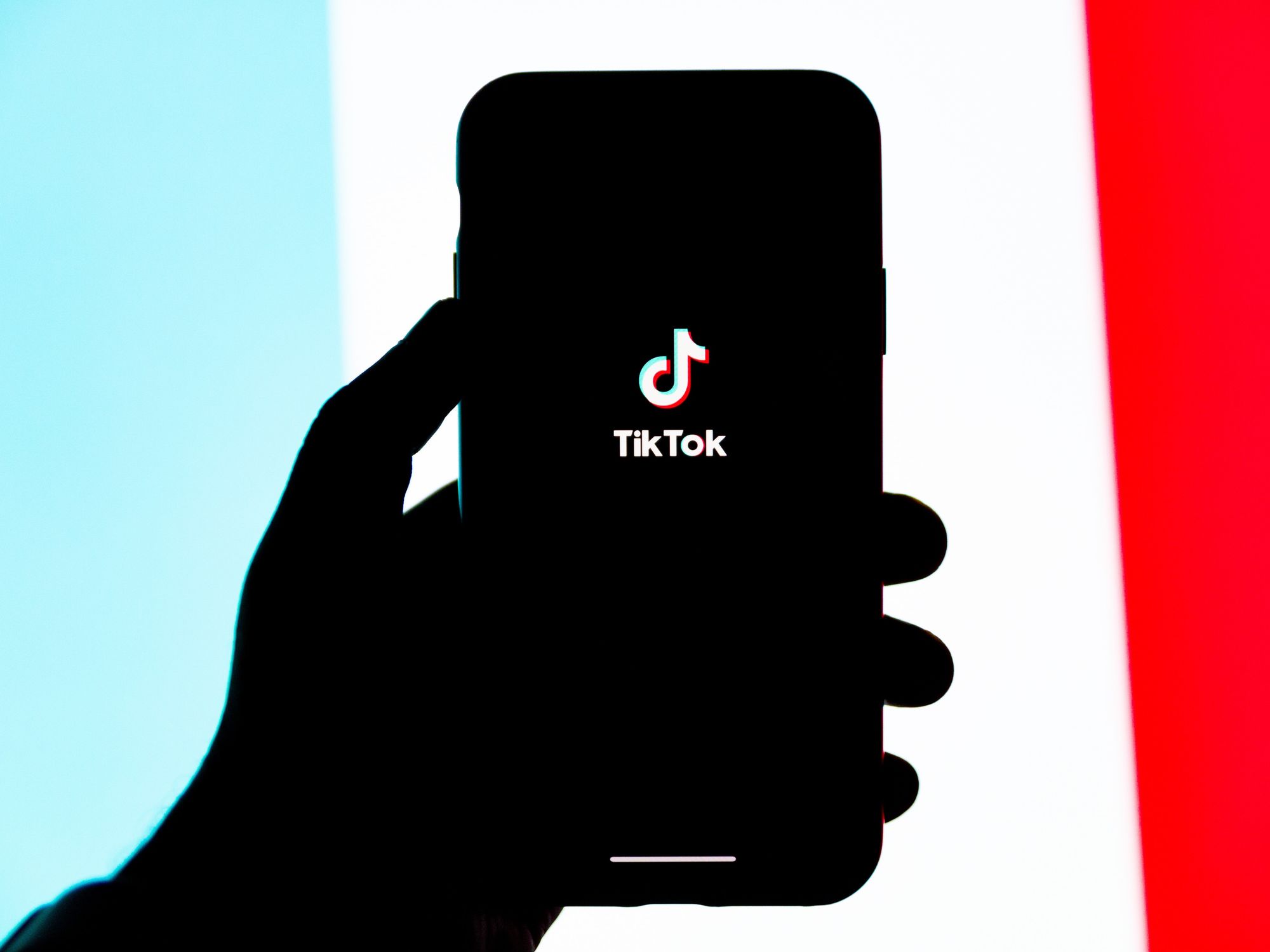TikTok’s Sale Is Reportedly Off — for Now, as Biden Puts the Brakes on a Ban
Sam primarily covers entertainment and media for dot.LA. Previously he was Marjorie Deane Fellow at The Economist, where he wrote for the business and finance sections of the print edition. He has also worked at the XPRIZE Foundation, U.S. Government Accountability Office, KCRW, and MLB Advanced Media (now Disney Streaming Services). He holds an MBA from UCLA Anderson, an MPP from UCLA Luskin and a BA in History from University of Michigan. Email him at samblake@dot.LA and find him on Twitter @hisamblake

First it was 90 days, then an additional 15, and then the forced TikTok sale faded from national consciousness as the presidential election altered the priorities of the country and the Trump administration. Now the Biden administration appears to be hitting the brakes. In court filings, government lawyers filed an uncontested motion to postpone the cases related to a potential ban of the popular social media app.
The request also suggests status reports at 60-day intervals, and states the administration plans to conduct its own evaluation of the matter.
"The government will then be better positioned to determine whether the national security threat described in (President Trump's executive orders)...continue to warrant the identified prohibitions," the filing reads.
Joe Biden has previously raised concerns over how the Chinese government may access data that TikTok collects and discussions have reportedly continued between TikTok-owner ByteDance and U.S. security officials.
In an interview with CBS' "Face the Nation" this past Sunday, Biden said China should expect "extreme competition" from the U.S., but that he will not necessarily pursue an adversarial relationship in the way that his predecessor did.
In August last year, President Trump issued a pair of executive orders that would forbid American companies from transacting with ByteDance-owned companies and force ByteDance to divest of its TikTok operations in the U.S. Microsoft, Oracle and Walmart emerged as potential new owners.
The Chinese government retaliated by issuing new rules banning exportation by Chinese companies of certain technologies, which would include TikTok's lauded "For You" algorithm. TikTok also sued the Trump administration.
In mid-September, Oracle confirmed it had been selected by ByteDance to become TikTok's "trusted technology provider," and then-Treasury Secretary Steven Mnuchin said the arrangement would bring 20,000 new jobs to the U.S.
A series of deadline extensions and waivers from U.S. government agencies and courts ensued and multiple federal judges ruled Trump's TikTok ban illegitimate.
On February 18, the U.S. government is due to issue its formal response to TikTok's court challenge against the ban.
In the absence of a ban, ByteDance could still sell TikTok, but anyone negotiating to acquire the company valued at approximately $180 billion, according to Bloomberg, would no longer have the same leverage.
Why is TikTok Facing a Ban? And What May Lie Ahead!www.youtube.com
This story has been updated.
- A TikTok Timeline: The Rise and Pause of a Social Video Giant - dot ... ›
- TikTok Won't Have to Sell For Now, Says Commerce Dept. - dot.LA ›
- Trump Gives TikTok and Oracle Deal His 'Blessing' - dot.LA ›
- Oracle Confirms Deal with TikTok - dot.LA ›
- TikTok Now Aims to Make the App a Social Media Platform - dot.LA ›
- TikTok Now Aims to Make the App a Social Media Platform - dot.LA ›
Sam primarily covers entertainment and media for dot.LA. Previously he was Marjorie Deane Fellow at The Economist, where he wrote for the business and finance sections of the print edition. He has also worked at the XPRIZE Foundation, U.S. Government Accountability Office, KCRW, and MLB Advanced Media (now Disney Streaming Services). He holds an MBA from UCLA Anderson, an MPP from UCLA Luskin and a BA in History from University of Michigan. Email him at samblake@dot.LA and find him on Twitter @hisamblake




 Image Source: Skyryse
Image Source: Skyryse
 Image Source: Northwood Space
Image Source: Northwood Space